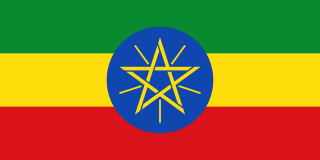
Visa and entry requirements Ethiopia:
Passport required
A visa is required. The visa can be obtained before the start of the trip Ethiopian embassy in Berlin or that Ethiopian Consulate General in Frankfurt be requested.
Visa on entry is only available for tourists upon arrival at Addis Ababa International Airport.
Visa costs: 50 USD
Information from the Foreign Office about your trip to Ethiopia:
https://www.auswaertiges-amt.de/de/aethiopiensicherheit/209504
Ethiopia is a landlocked country in northeast Africa with around 105 million inhabitants, making it the most populous landlocked country in the world. The country borders Eritrea to the north and northeast, Djibouti to the east, Somalia to the southeast, Kenya to the south, Sudan to the northwest and South Sudan to the west. Ethiopia is the tenth largest country in Africa. The previous access to the sea was lost in 1993 when Eritrea became independent.
Next to Lesotho, Ethiopia is the highest country in Africa, with around 52% of the area being higher than 1,200 meters. The highest mountain in the highlands of Abyssinia is Ras Dashan at 4,533 meters.
The state is rich in mineral resources, such as gold, platinum, manganese and precious stones, while reserves of oil and natural gas are also suspected on the national territory. Ethiopia is the country of origin of coffee and various grains. There are a total of 13 national parks on the state territory.
Ethiopia has extremely rapid population growth, with around 43% of Ethiopians being under 15 years old. The country's official language is Amharic, and every second person speaks Oromo. Around 65% of the population profess Christianity. The national currency is the Ethiopian Birr, where 1 euro corresponds to around 33 ETB.
Ethiopia is one of the poorest countries in the world. By far the most important export product is coffee. The port of Djibouti City in the neighboring country is used as the export port. The country also supplies electricity to almost all of East Africa.
Another component of the economy is tourism. The country's most famous sights include the Blue Nile Falls, the baroque castle complex in Gondar, Bahir Dar on Lake Tana, the Simien Mountains National Park, the Axum Cathedral, the rock church in Lalibela, the Awash National Park with the Awash Waterfall, the Langano -Lake, Dire Dawa and the city of Harar with its 90 mosques.
One of the most spectacular tourist regions in the world, is the Omo River Valley in the remote south of Ethiopia, with its many traditional tribes and peoples. These so-called natives are world-famous for their own customs and rituals, their own language and the greatest variety of individual body decorations, such as plate lips, decorative scars or body painting.
The country's largest cities include Addis Ababa, Gondar, Mek'ele, Adama, Hawassa, Bahir Dar, Dire Dawa, Dese and Jimma.
The capital of Ethiopia is Addis Ababa, also known as Addis Ababa, with an estimated population of almost five million. The city is located in the highlands between 2,200 and 3,000 meters altitude, making it the third highest capital in the world. Addis Ababa is the economic, political and social center of the country. The capital is home to the headquarters of the African Union.
Poverty is very present not far from the business district of Addis Ababa. There are many people begging and mutilated as a result of the civil war on the city's main streets, but crime in the city is still fairly low.
The main attractions of the capital include the Mercato - the largest market in the city, the university, the Menelik Mausoleum in the ancient Baata Church, the Trinity Cathedral, the Africa Hall, the Imperial Palace, St. George's Cathedral, Mt Entoto, the Hager Fikir Theater and the Martyr Memorial Museum.
So far I have visited Addis Ababa in Ethiopia twice, both for short stays. Since there are many cozy bars and restaurants in the cordoned-off and safe business district, you often don't realize that you are actually in Addis Ababa. This heavily guarded district has very modern architecture by African standards and there is a lively nightlife.
However, outside of the really pleasant area with many hotels and shops, as in most African cities, it is better not to go out on the streets alone after dark.
During my first stay in the capital, my city guide unintentionally drove me through the huge slums of Addis Ababa. These impressions were somehow indescribable and will remain in my memory forever. At every intersection our car was literally surrounded by almost a hundred people. Since then, I have never seen so many sick and disfigured people at once anywhere in the world.

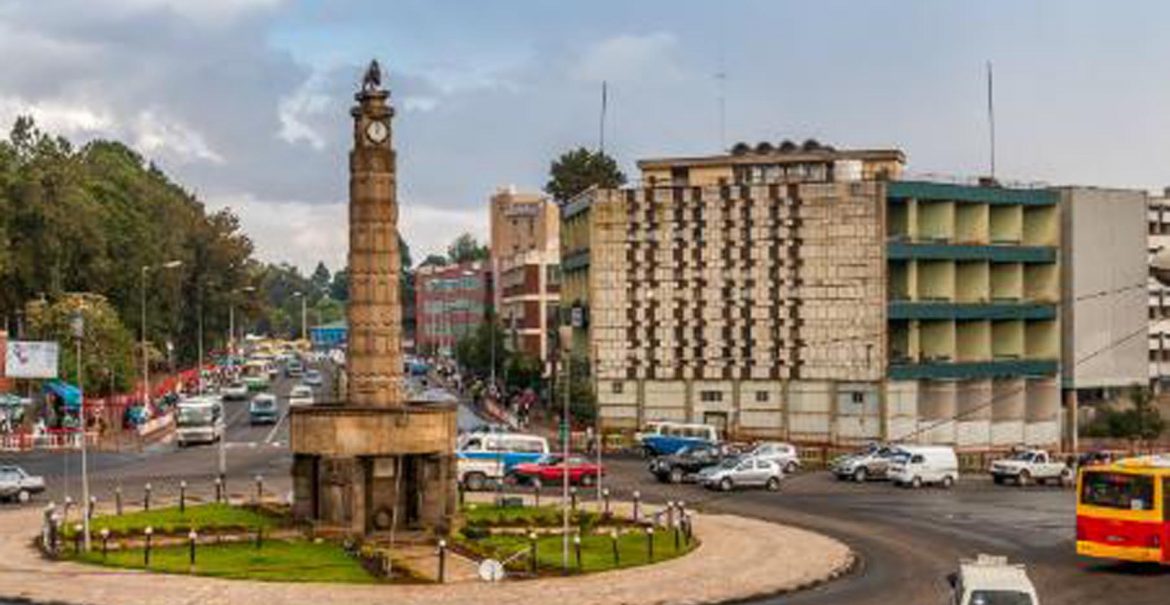
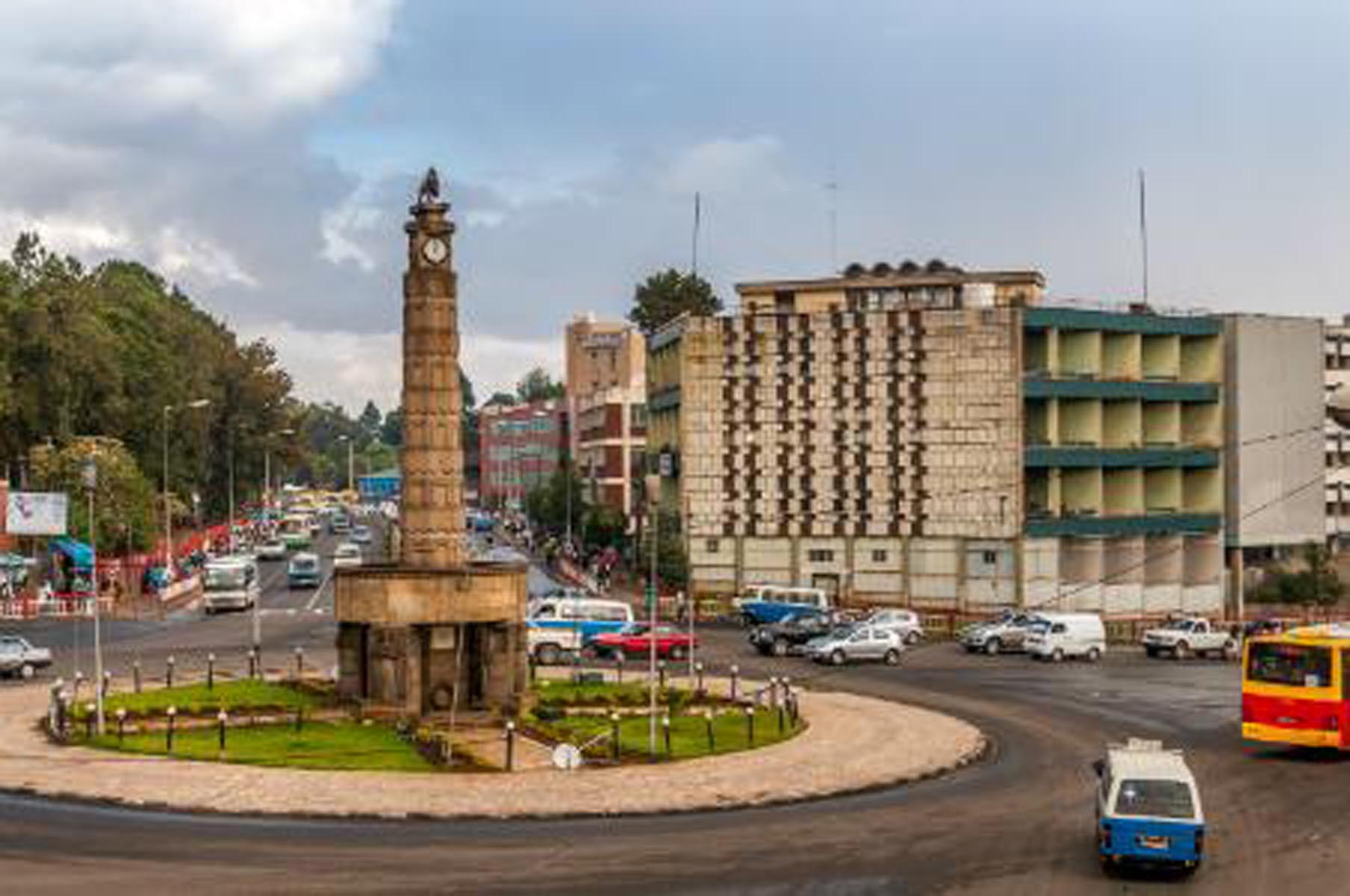
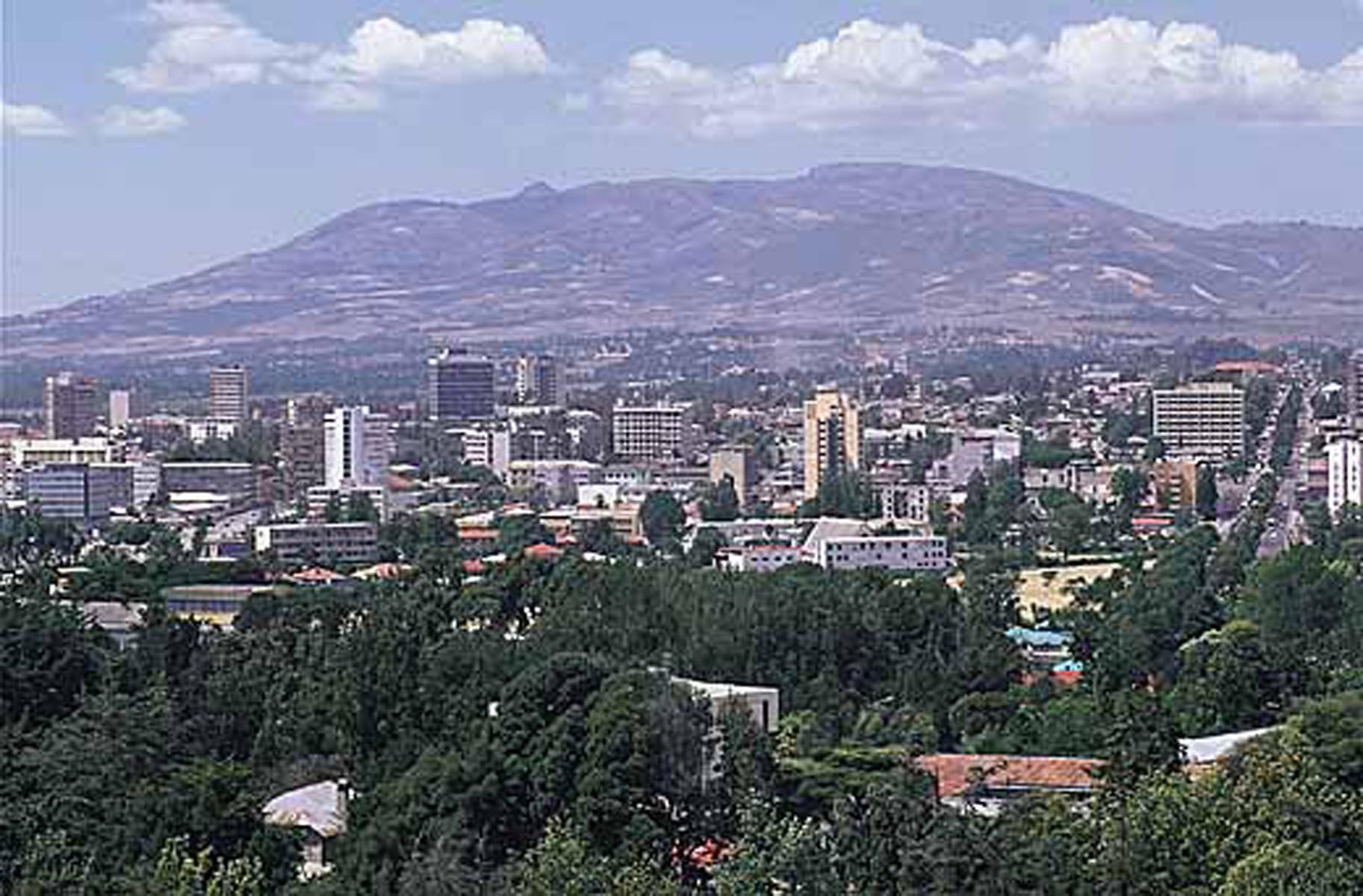
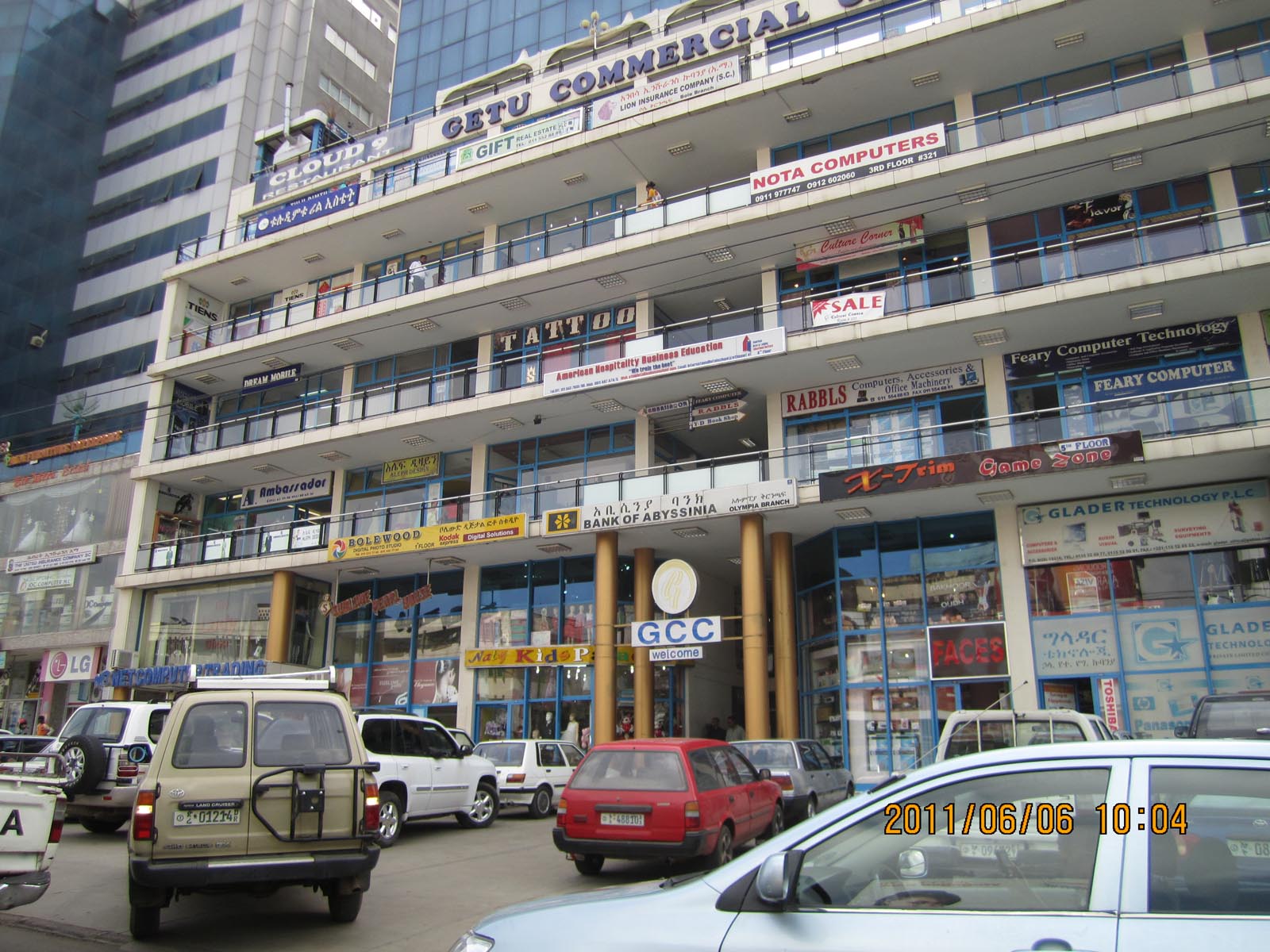

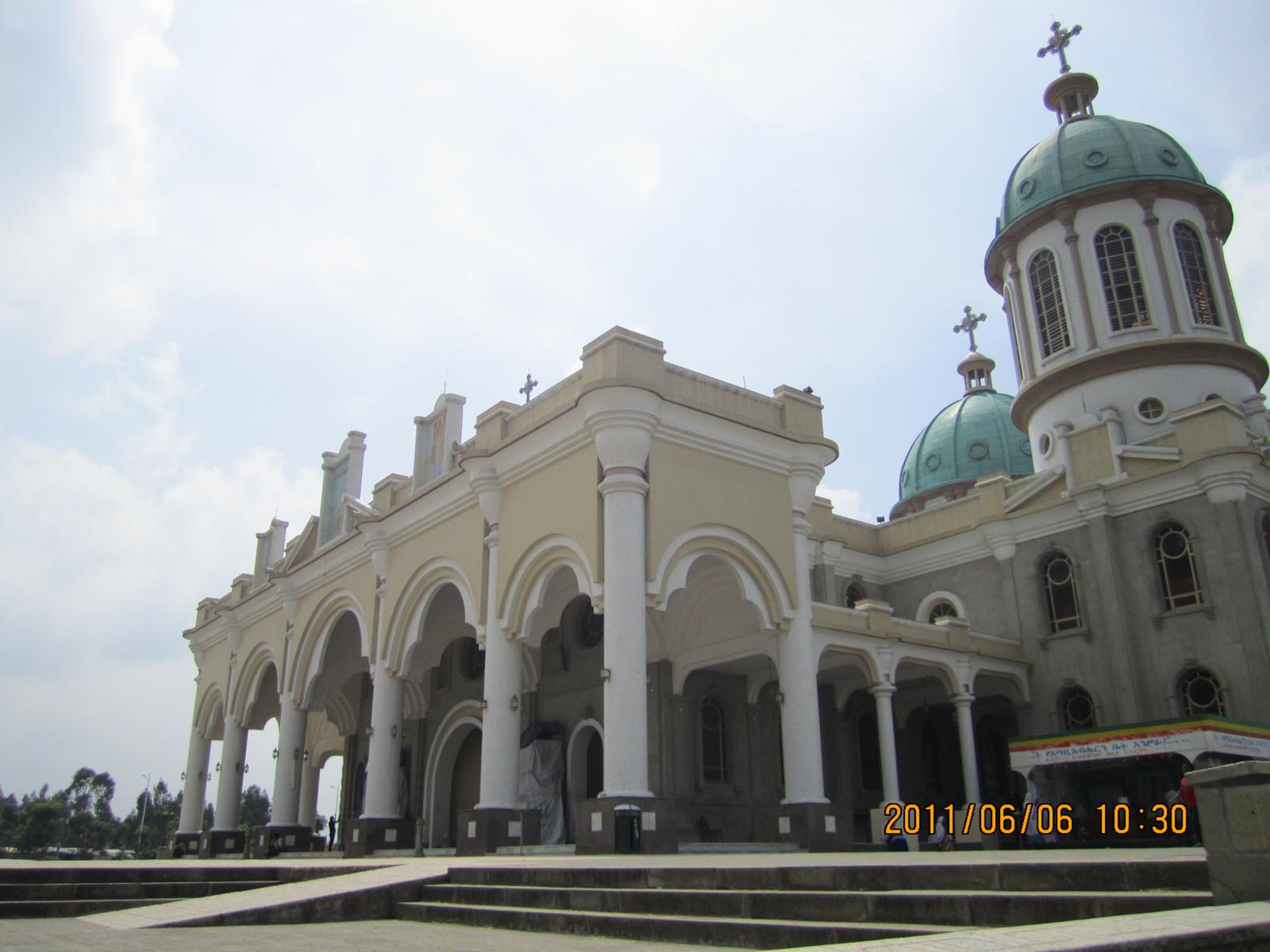

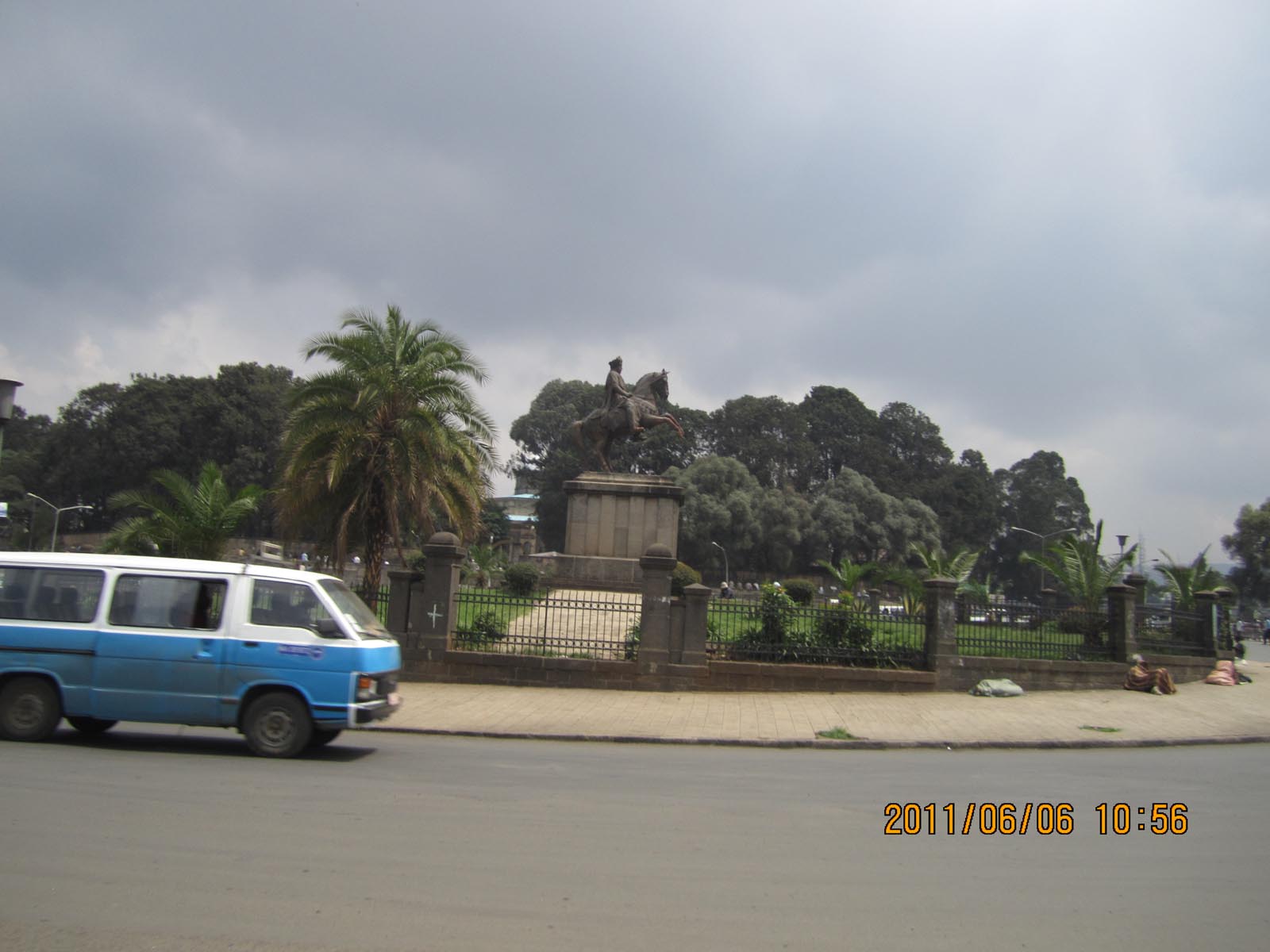


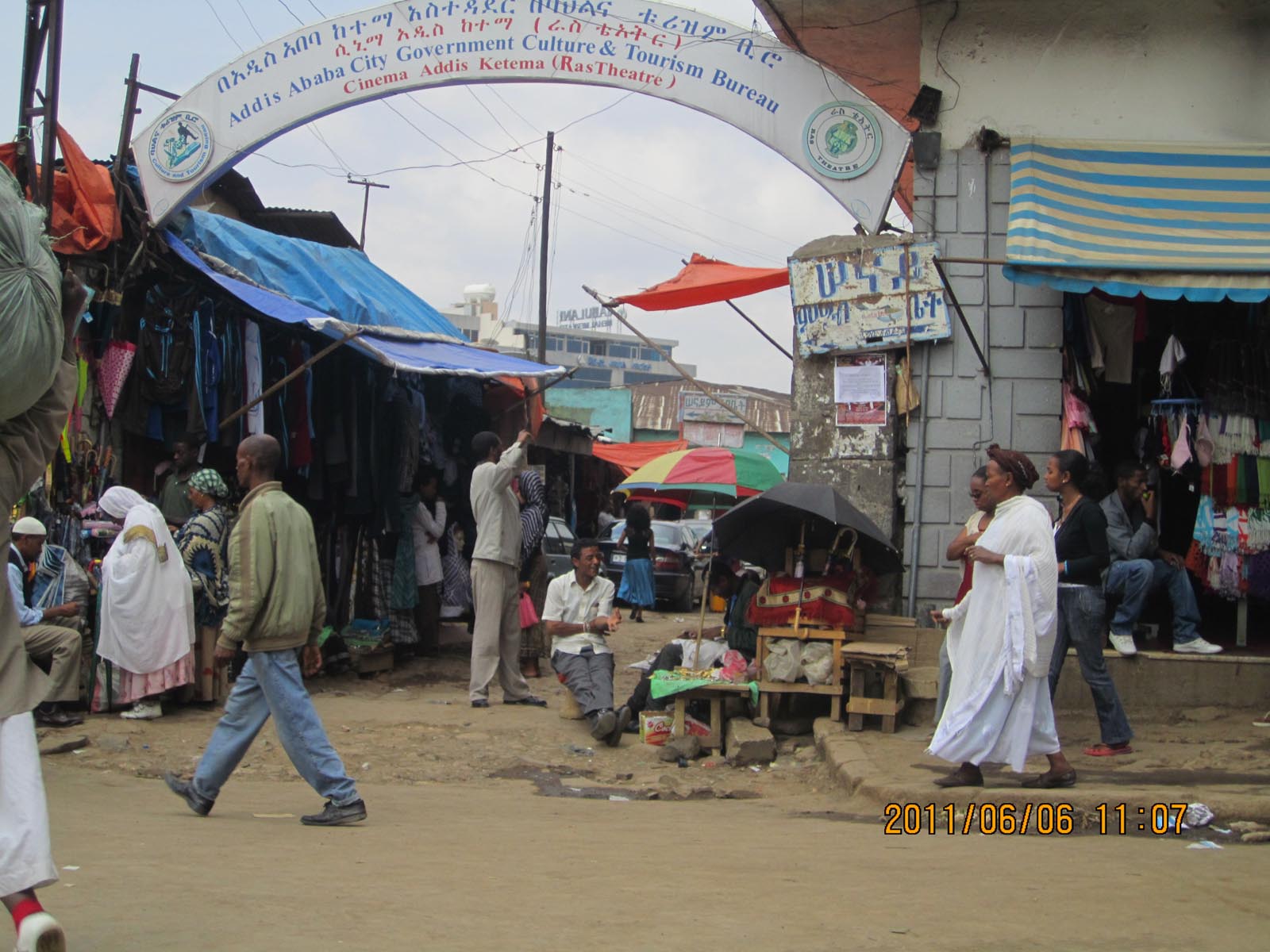
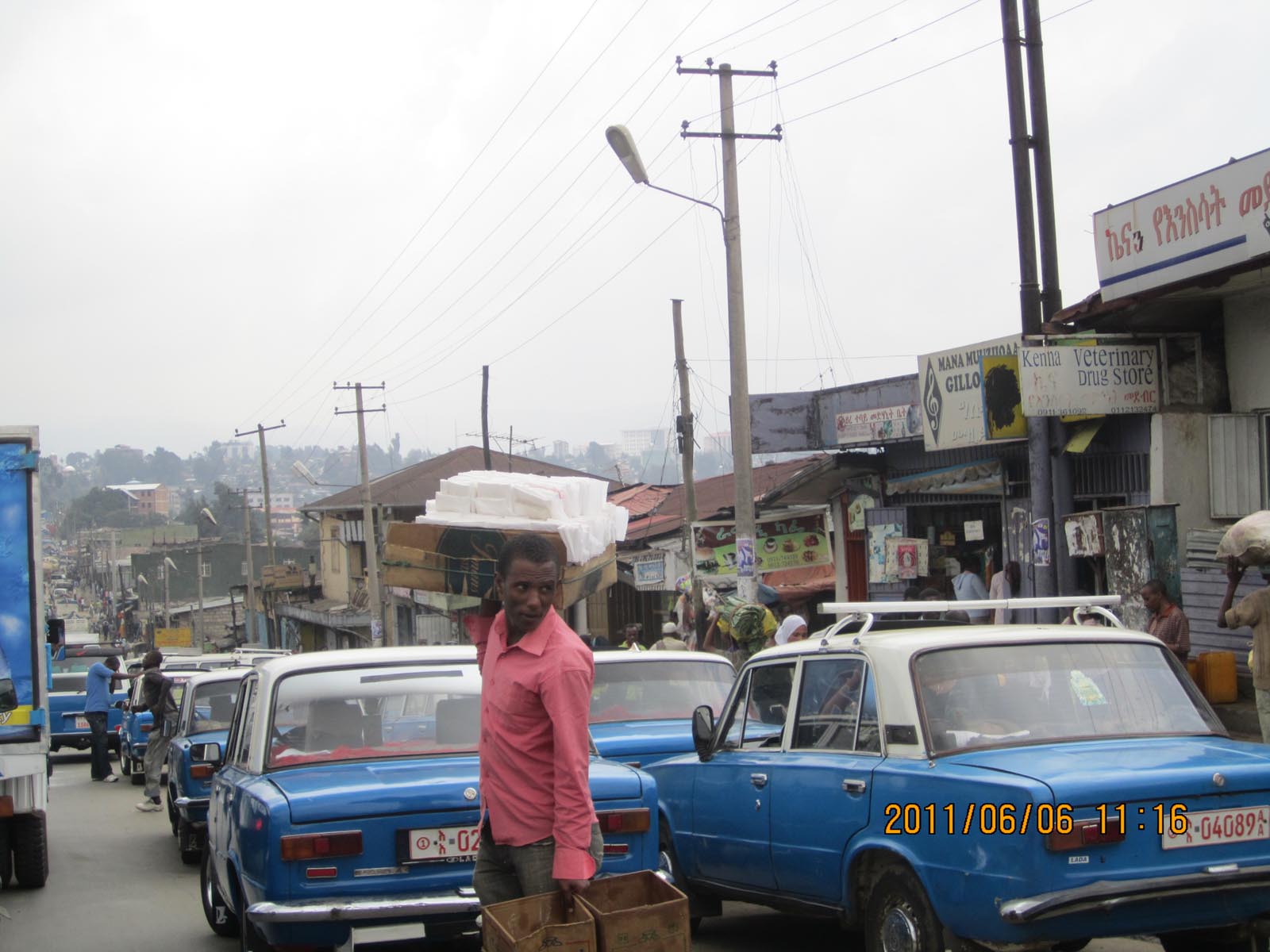

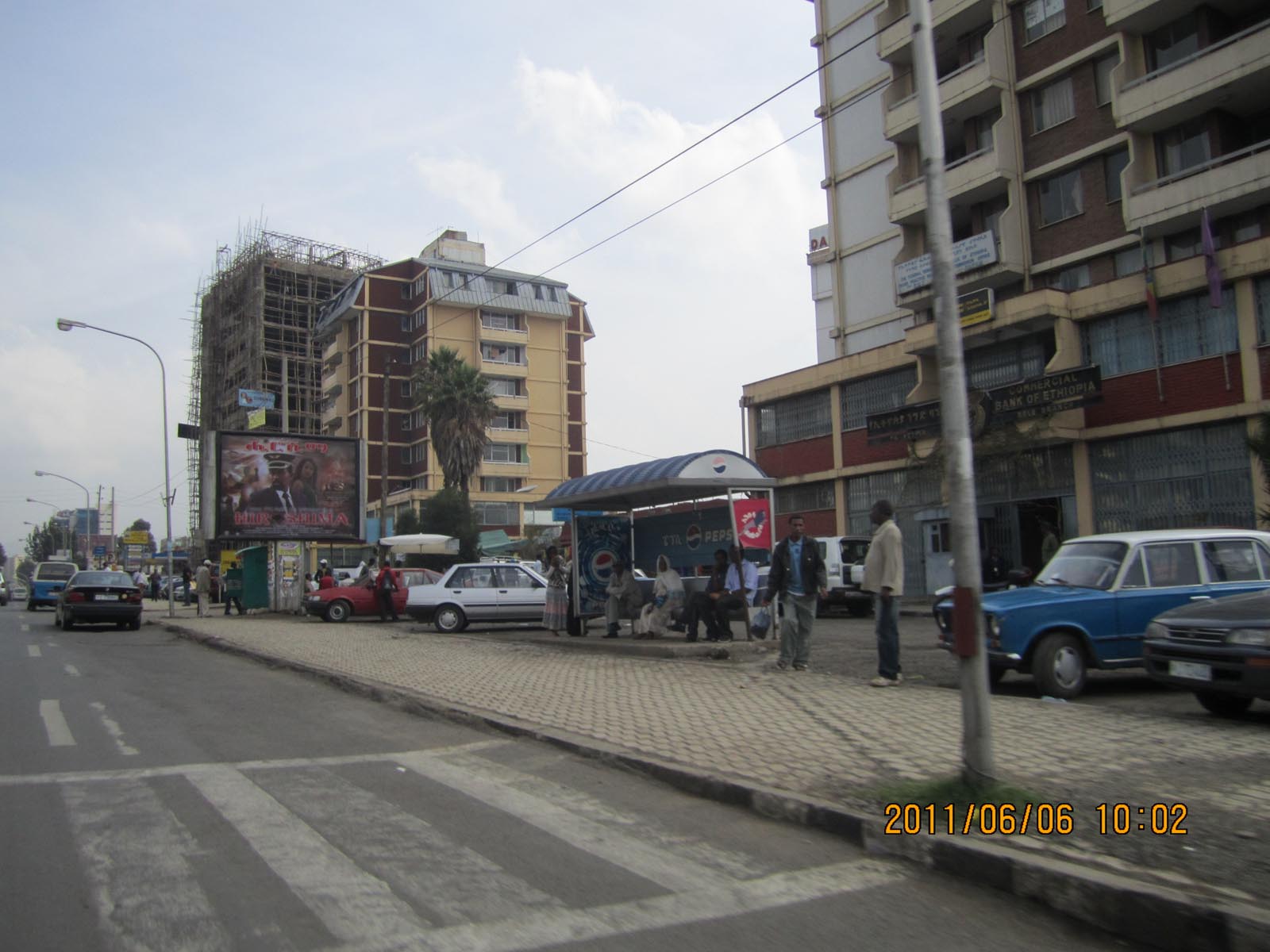
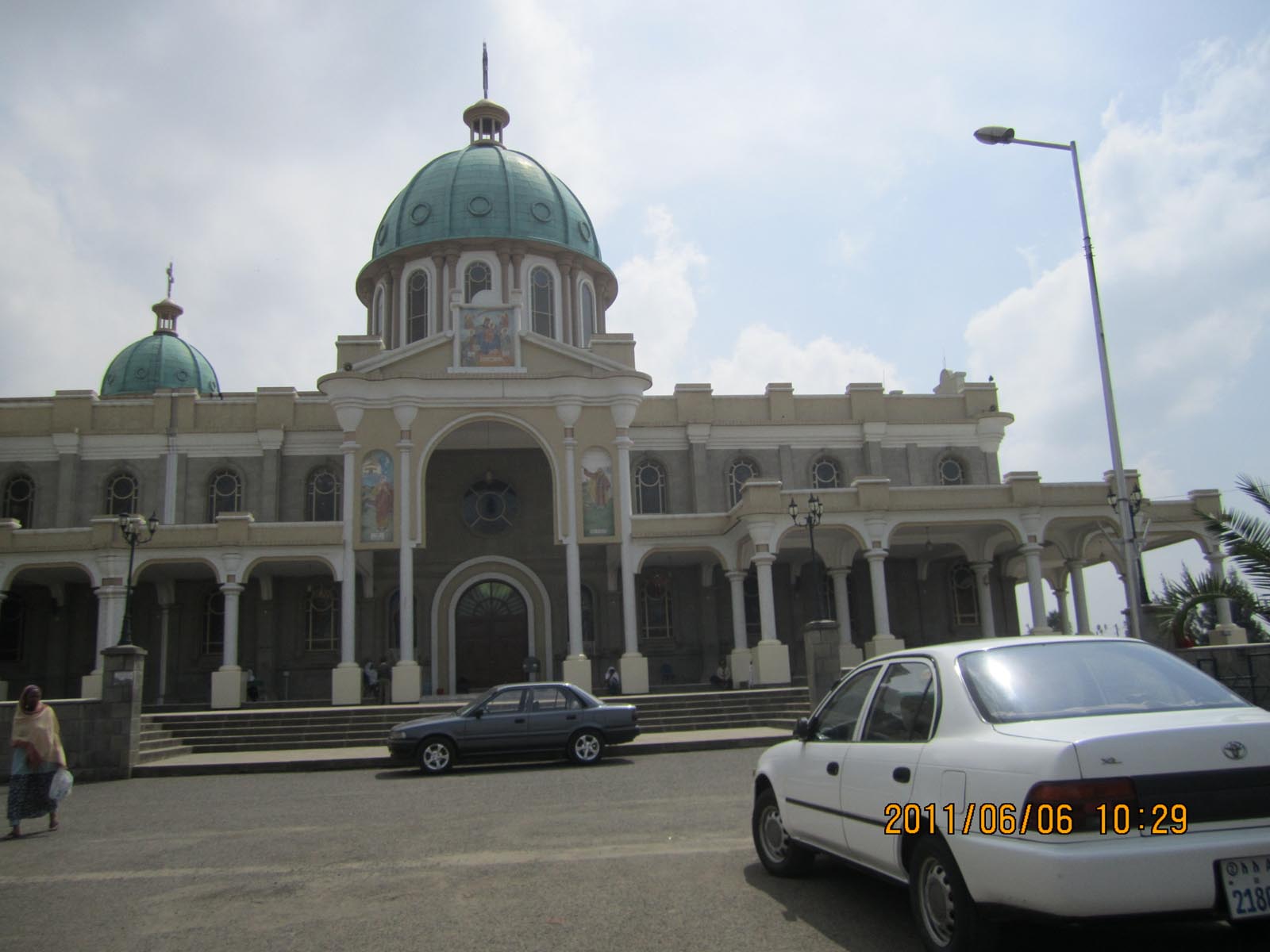
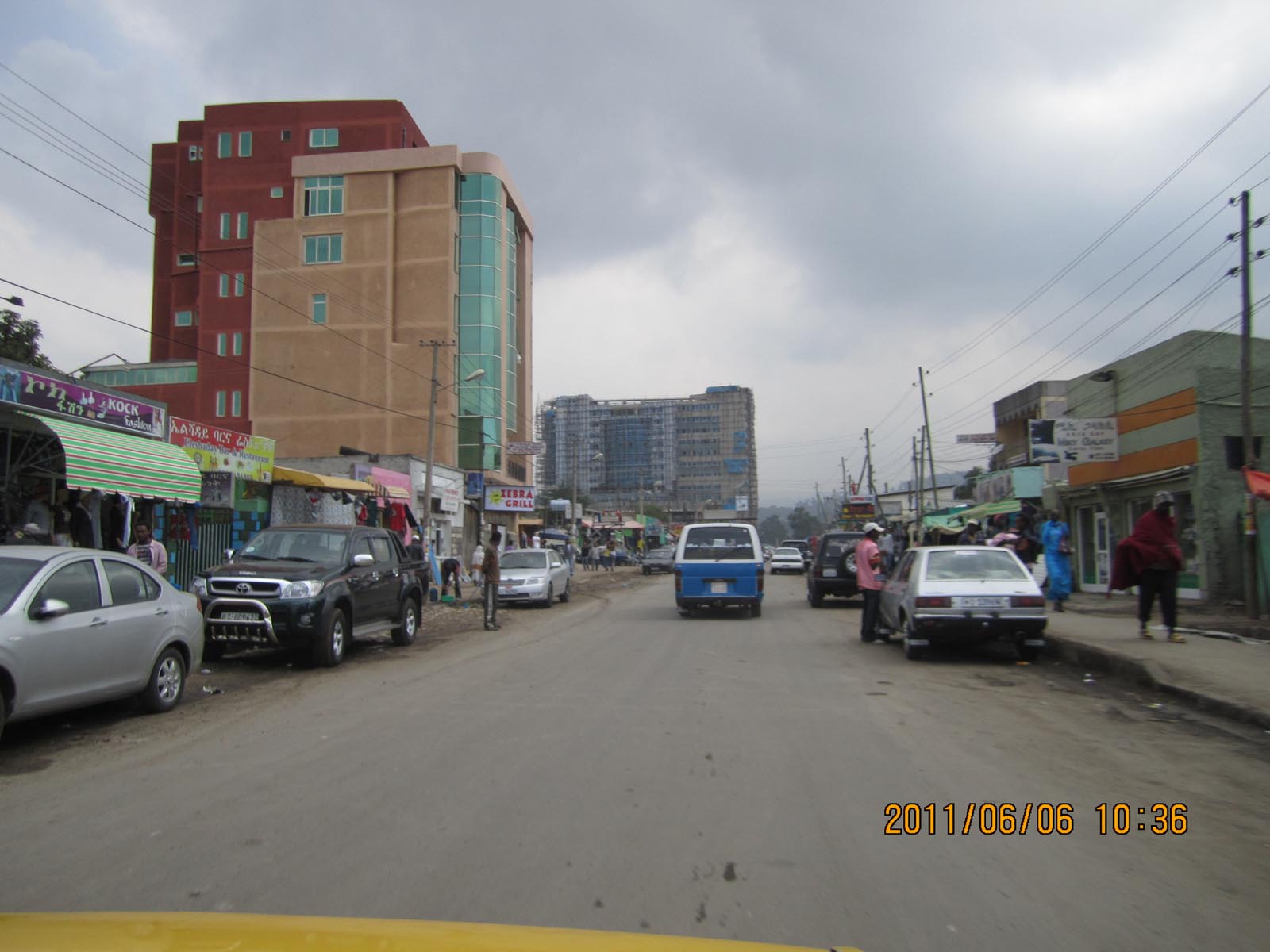
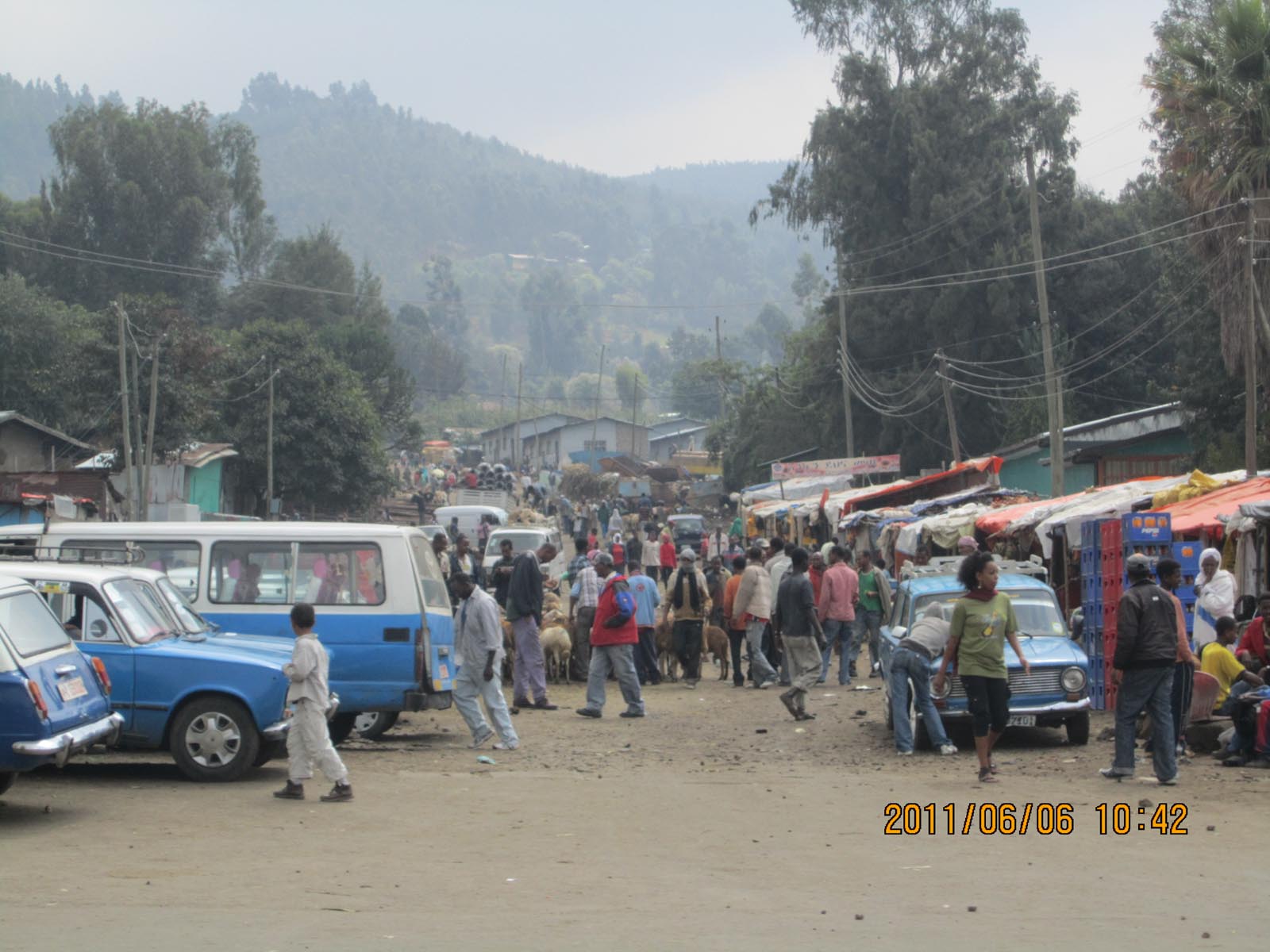
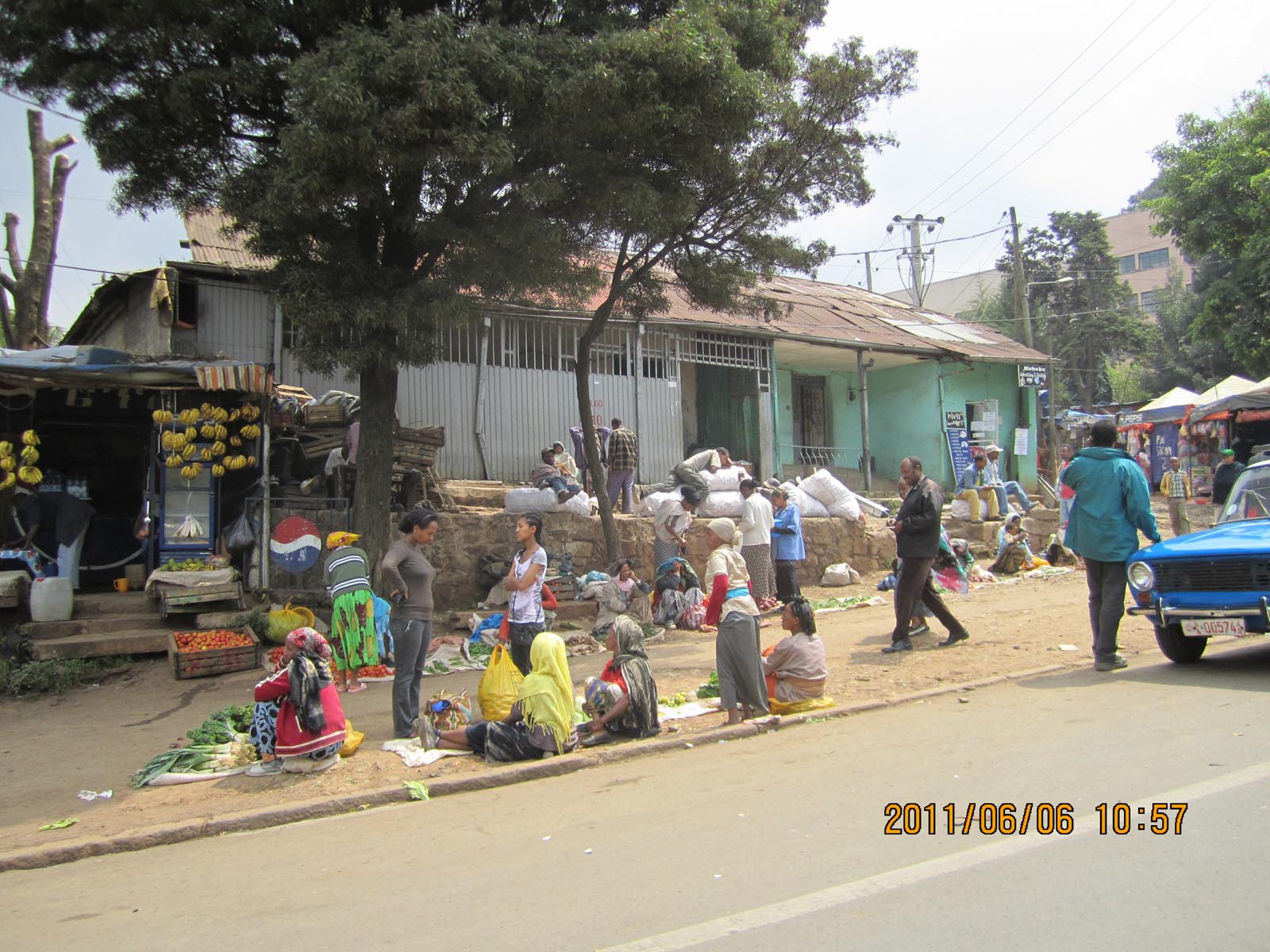
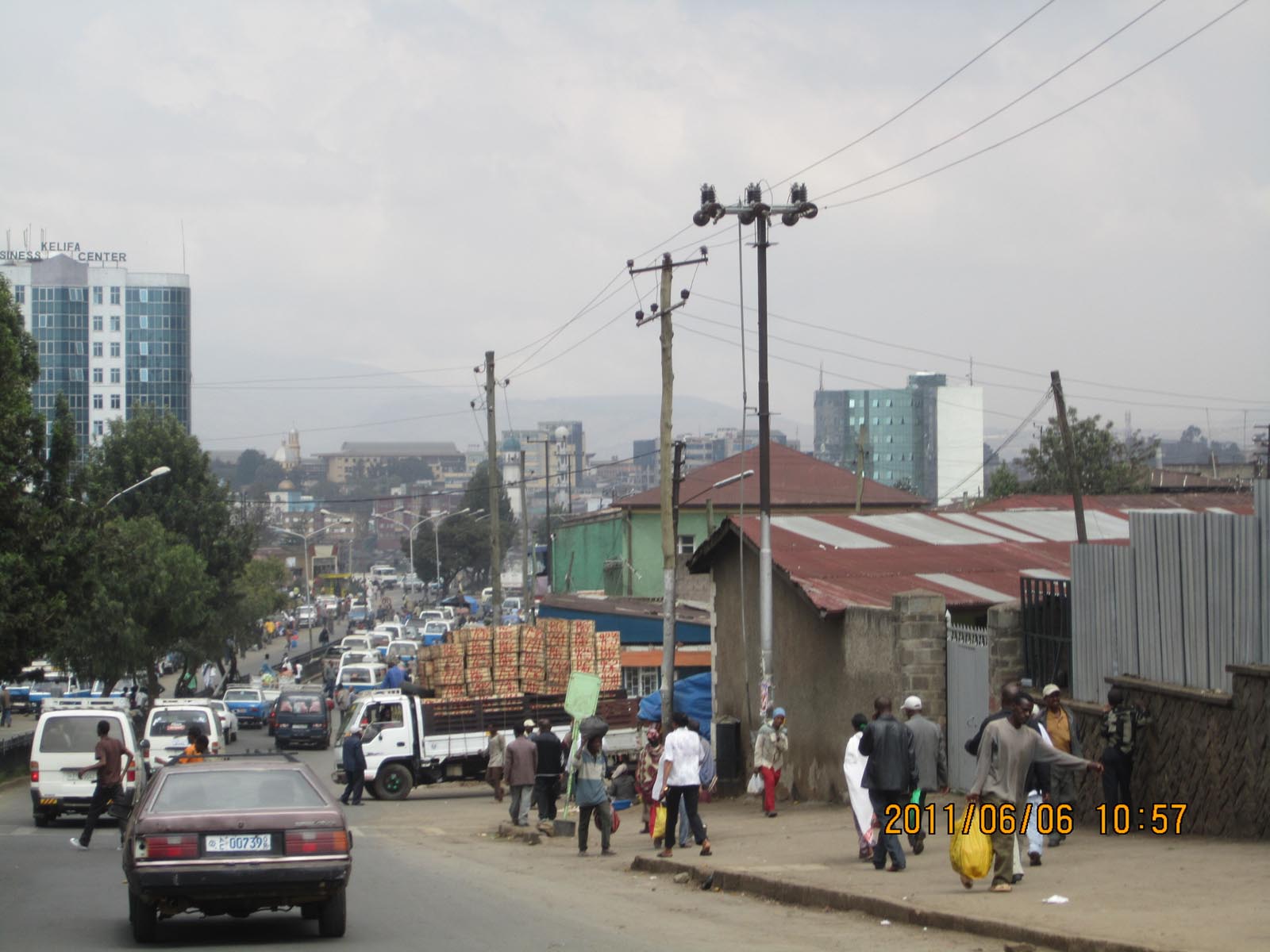
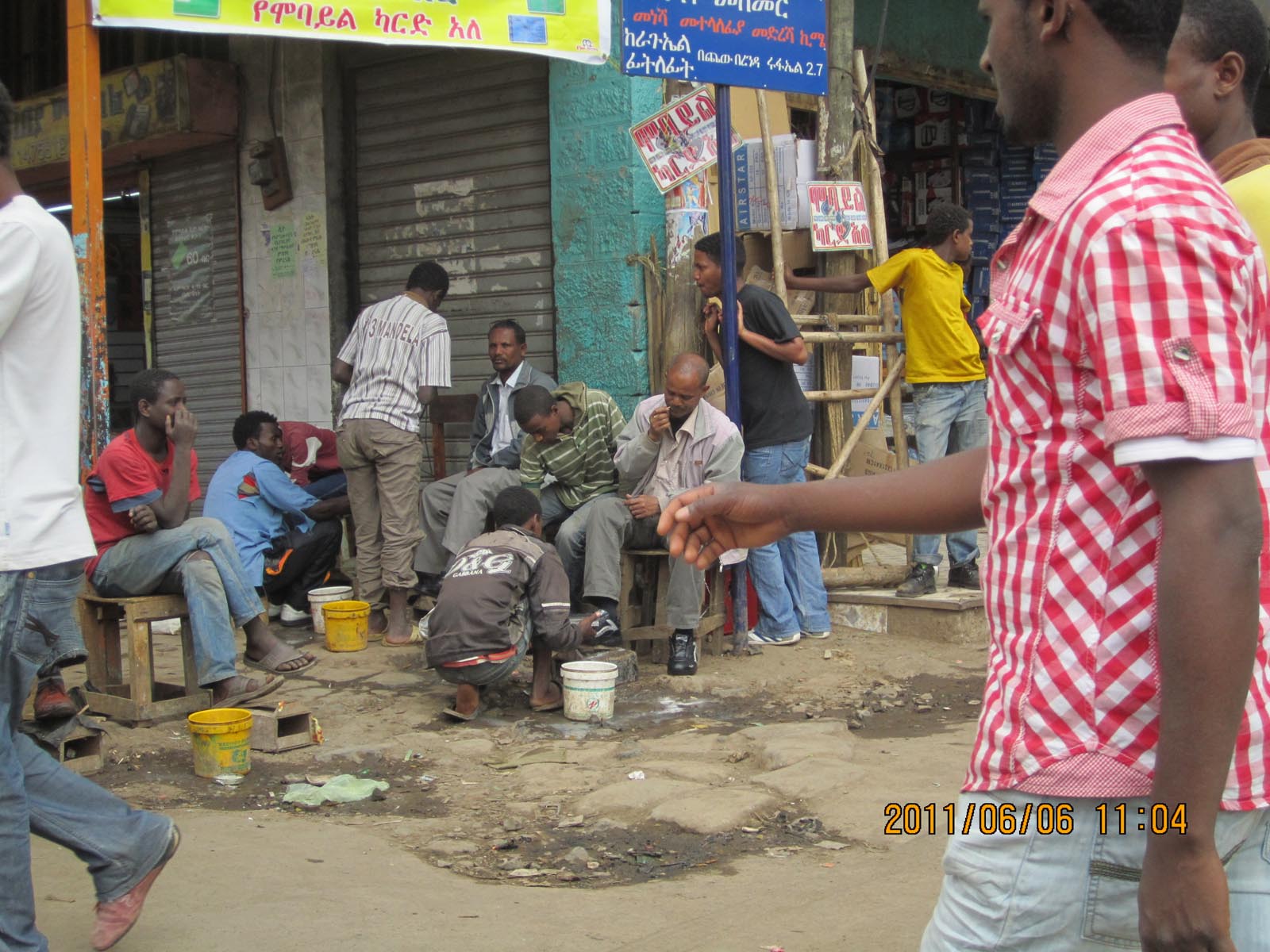
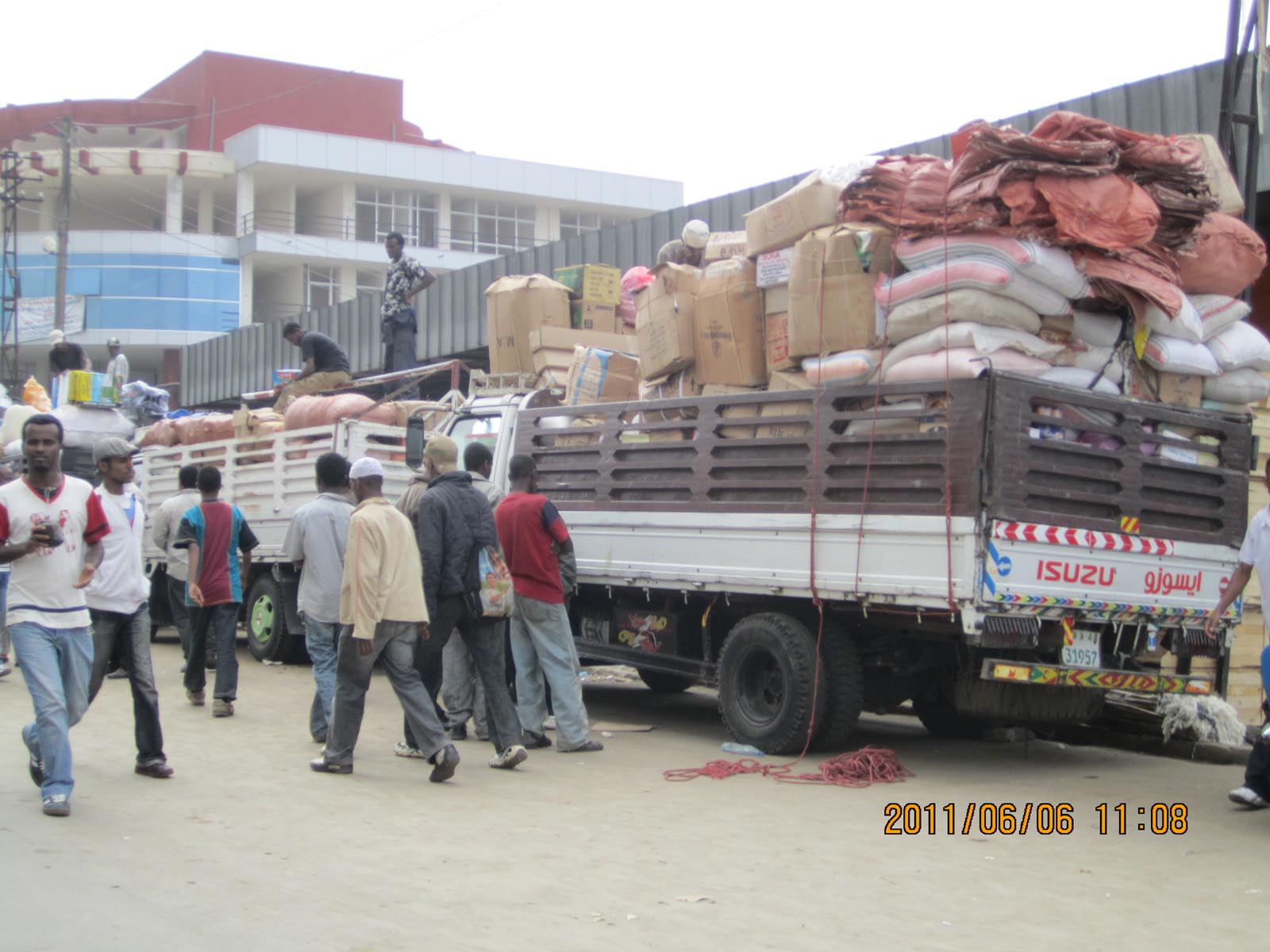
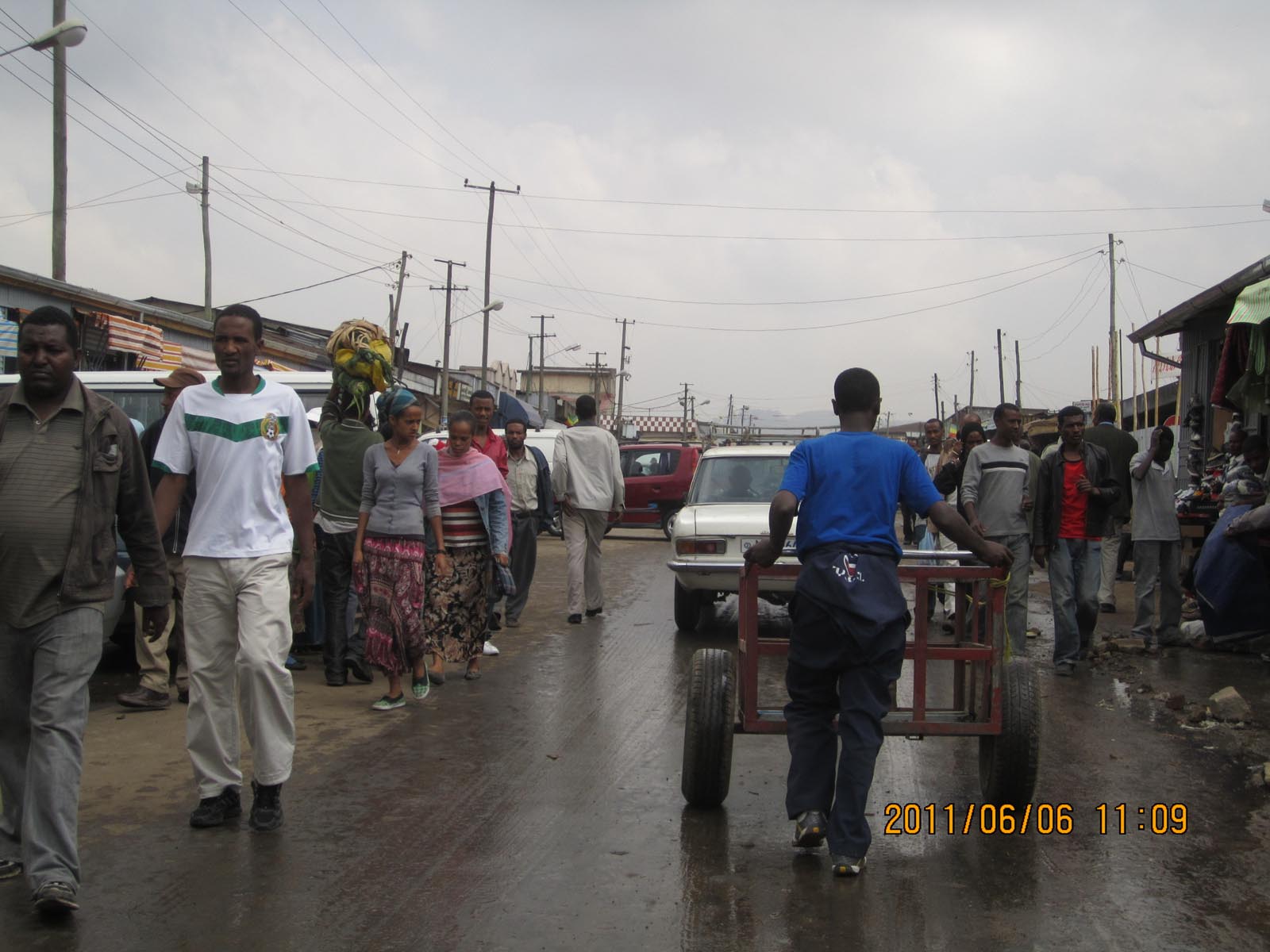
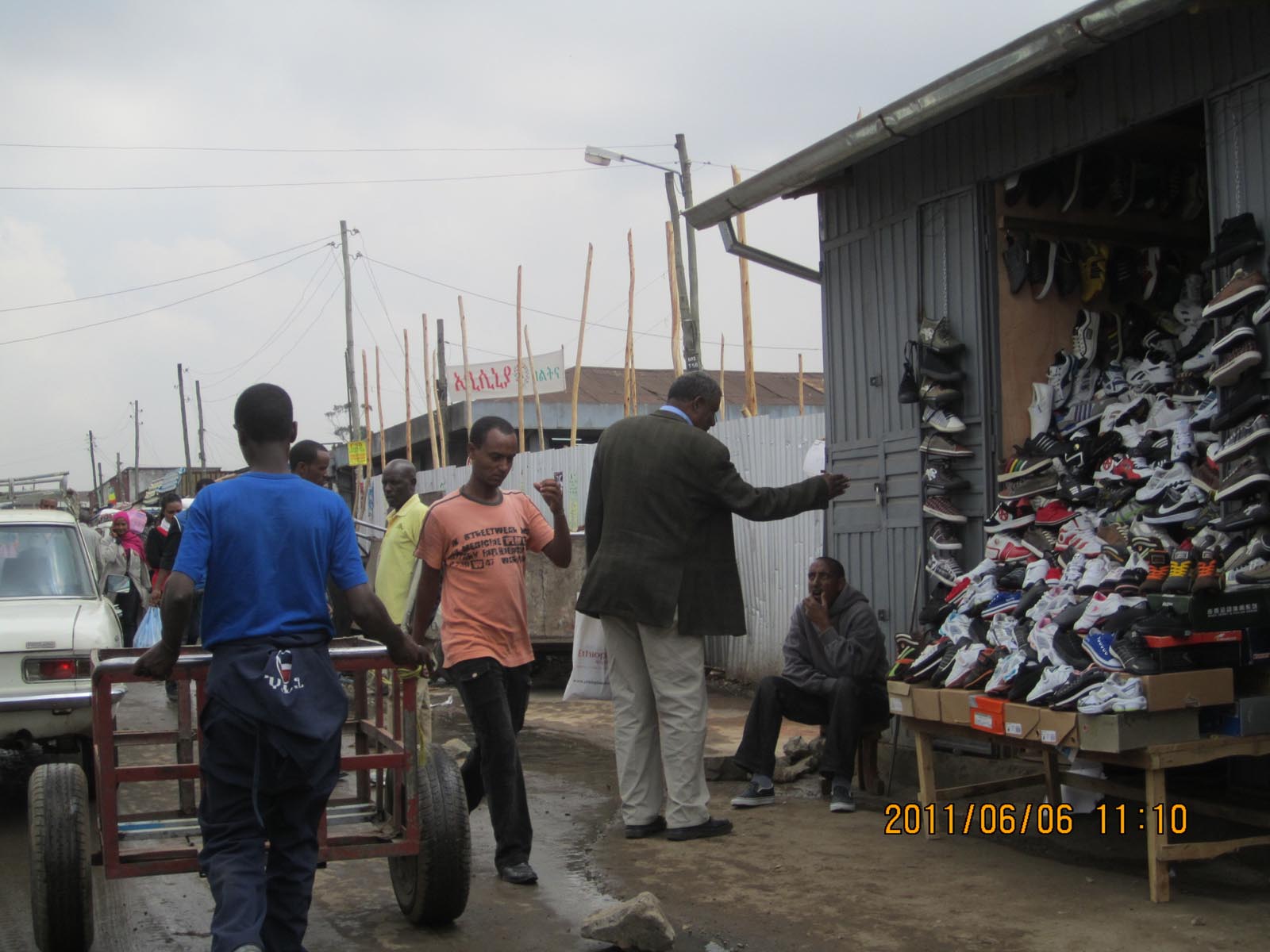
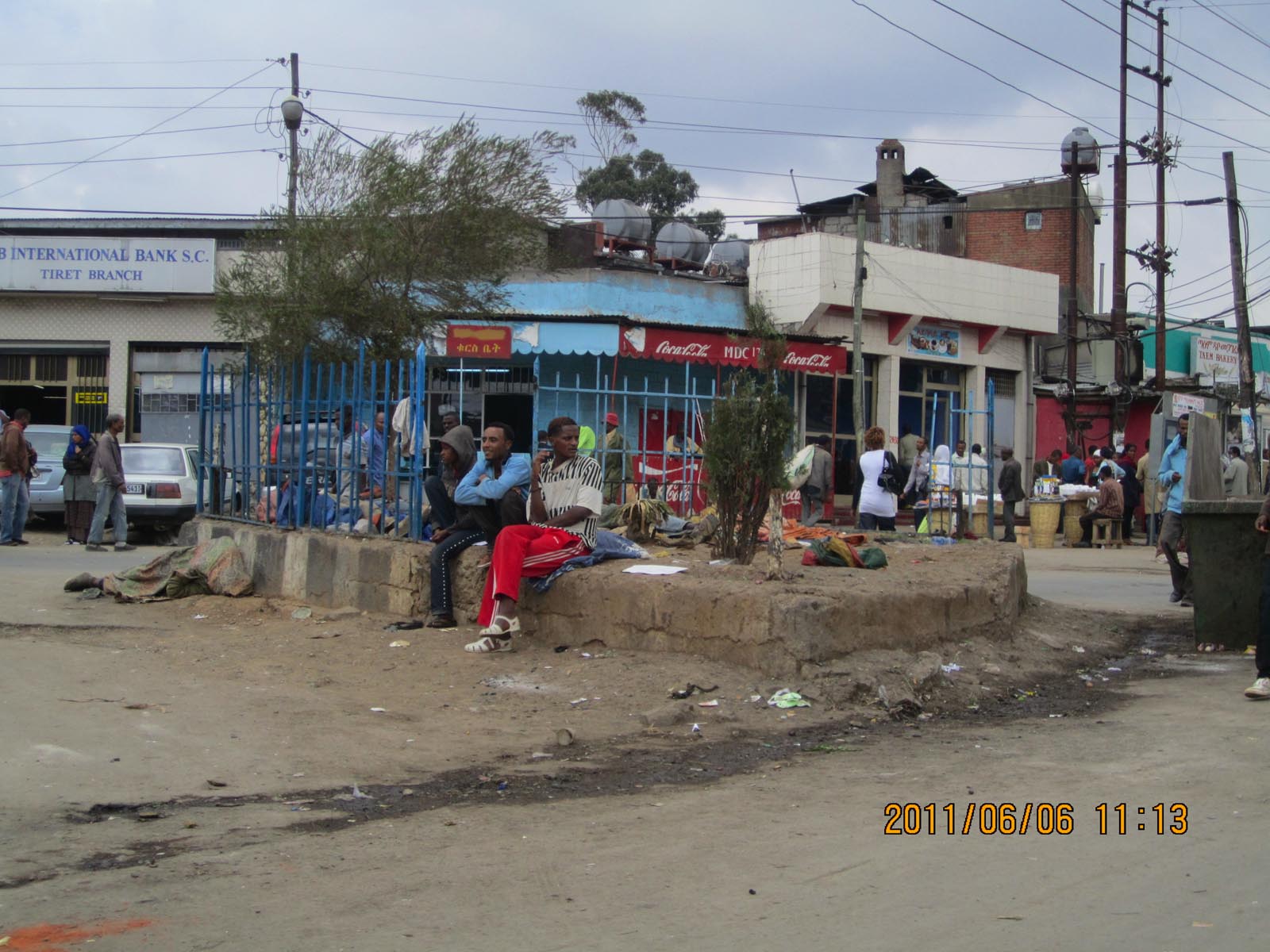
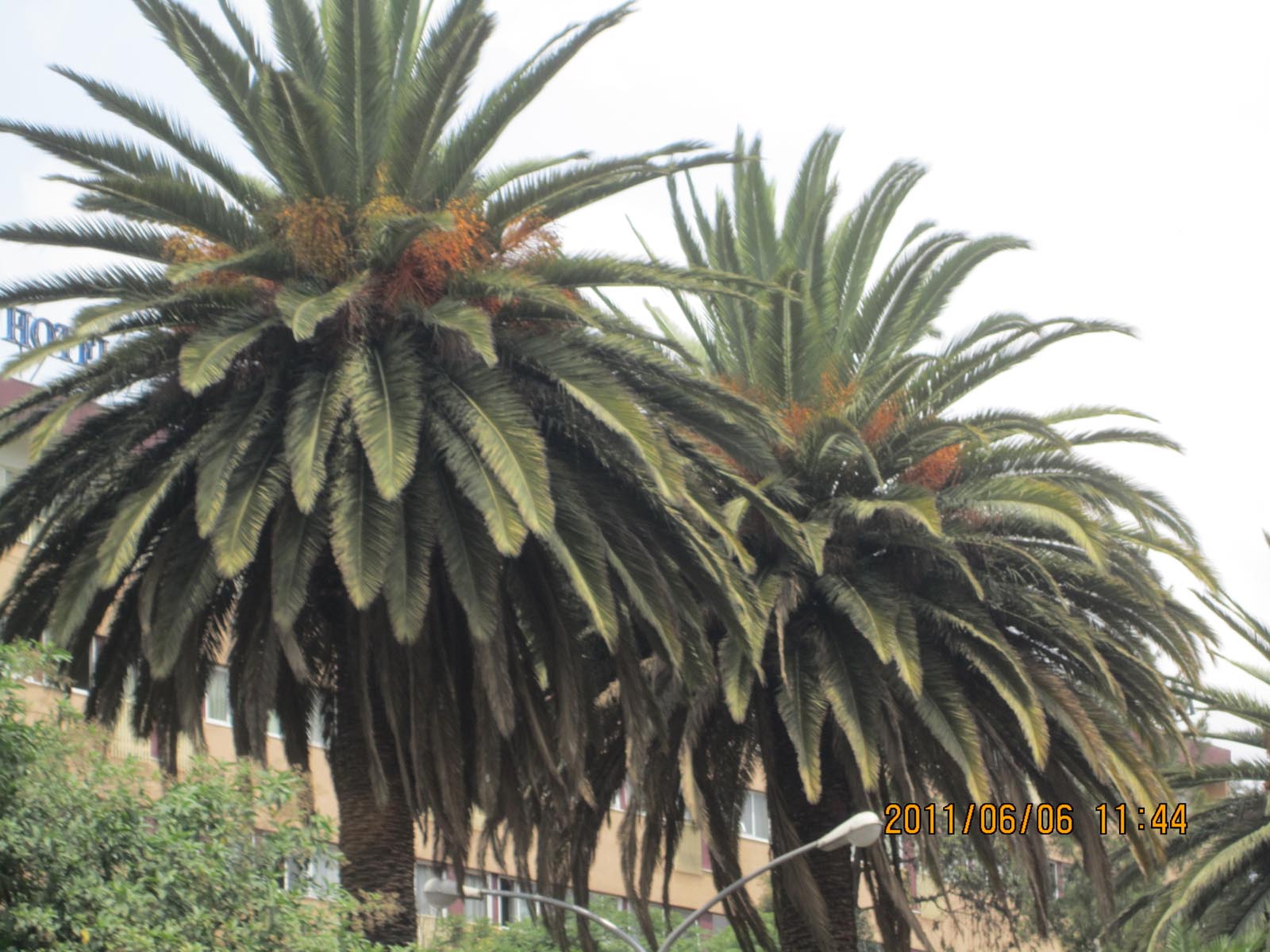
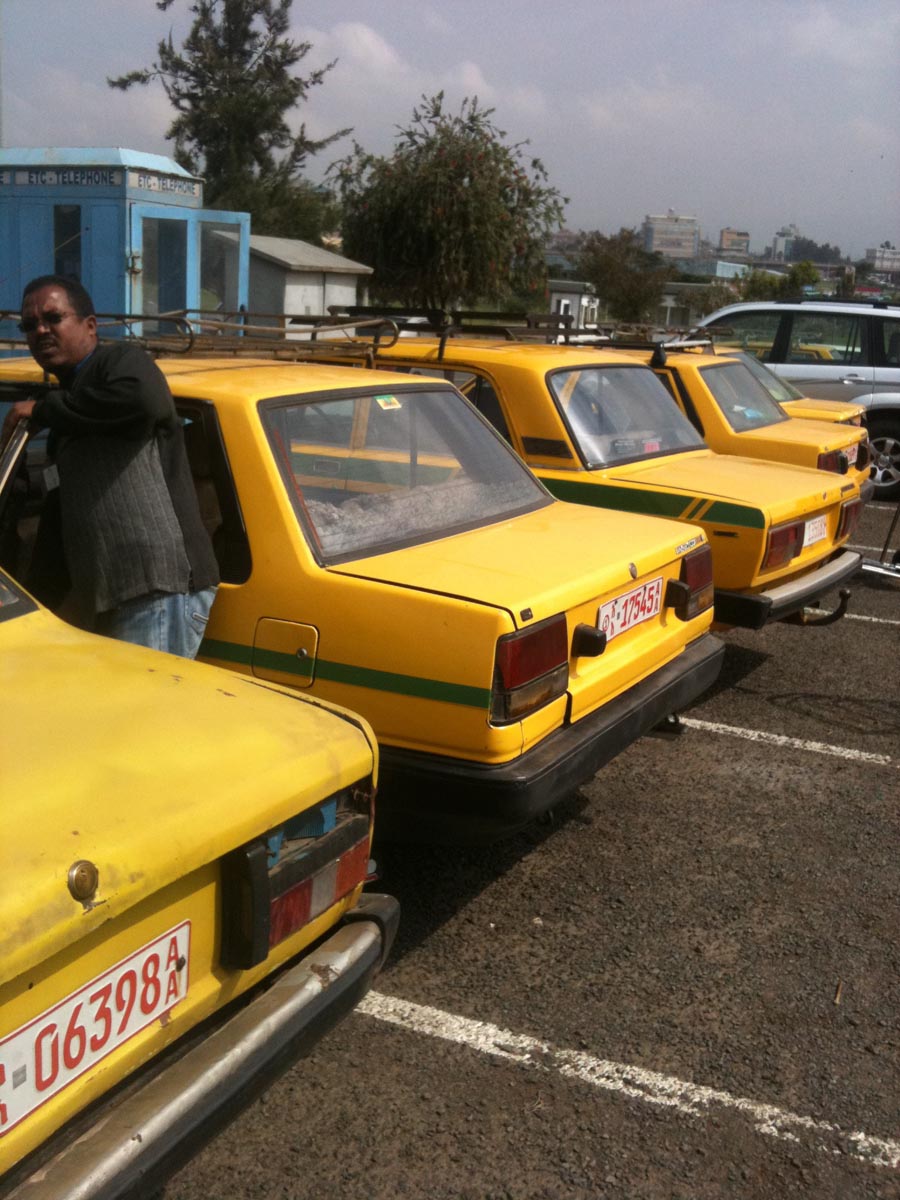
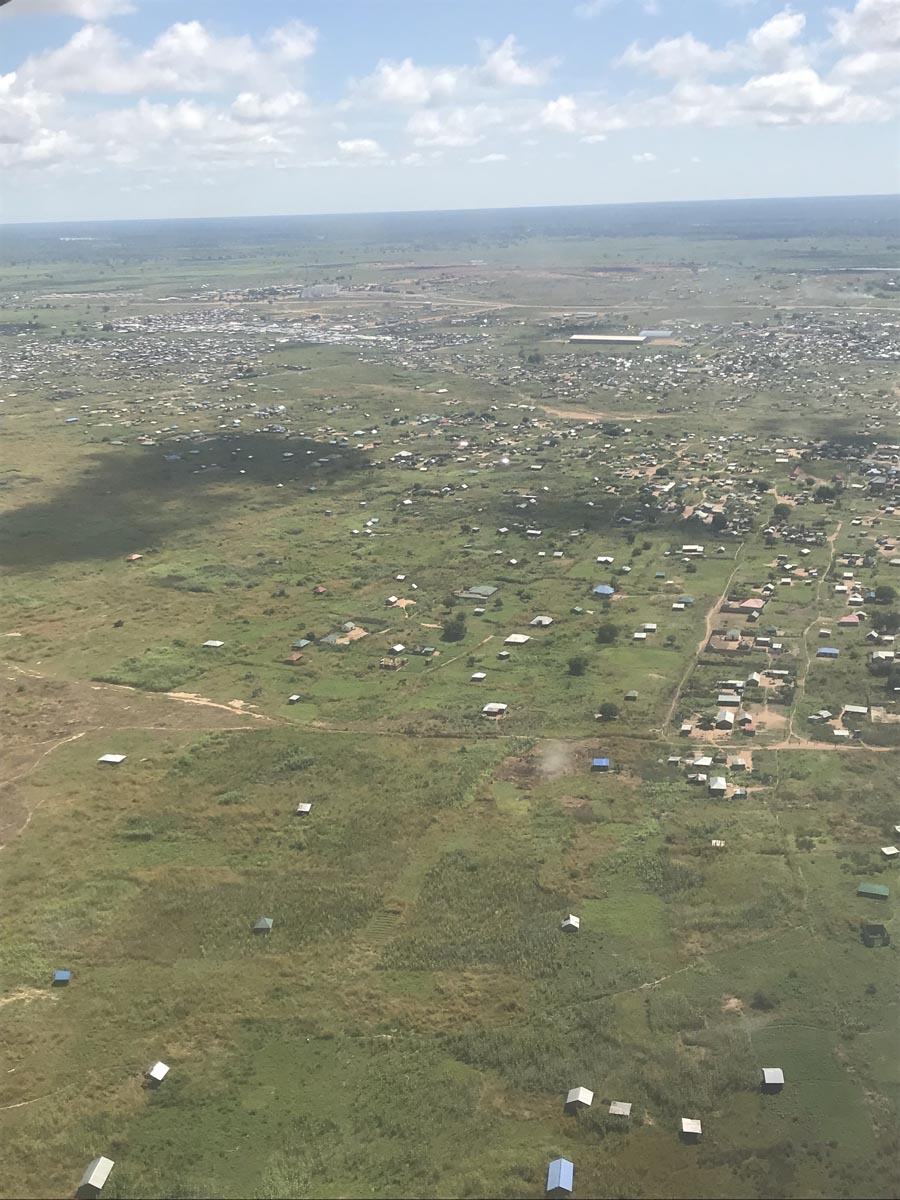
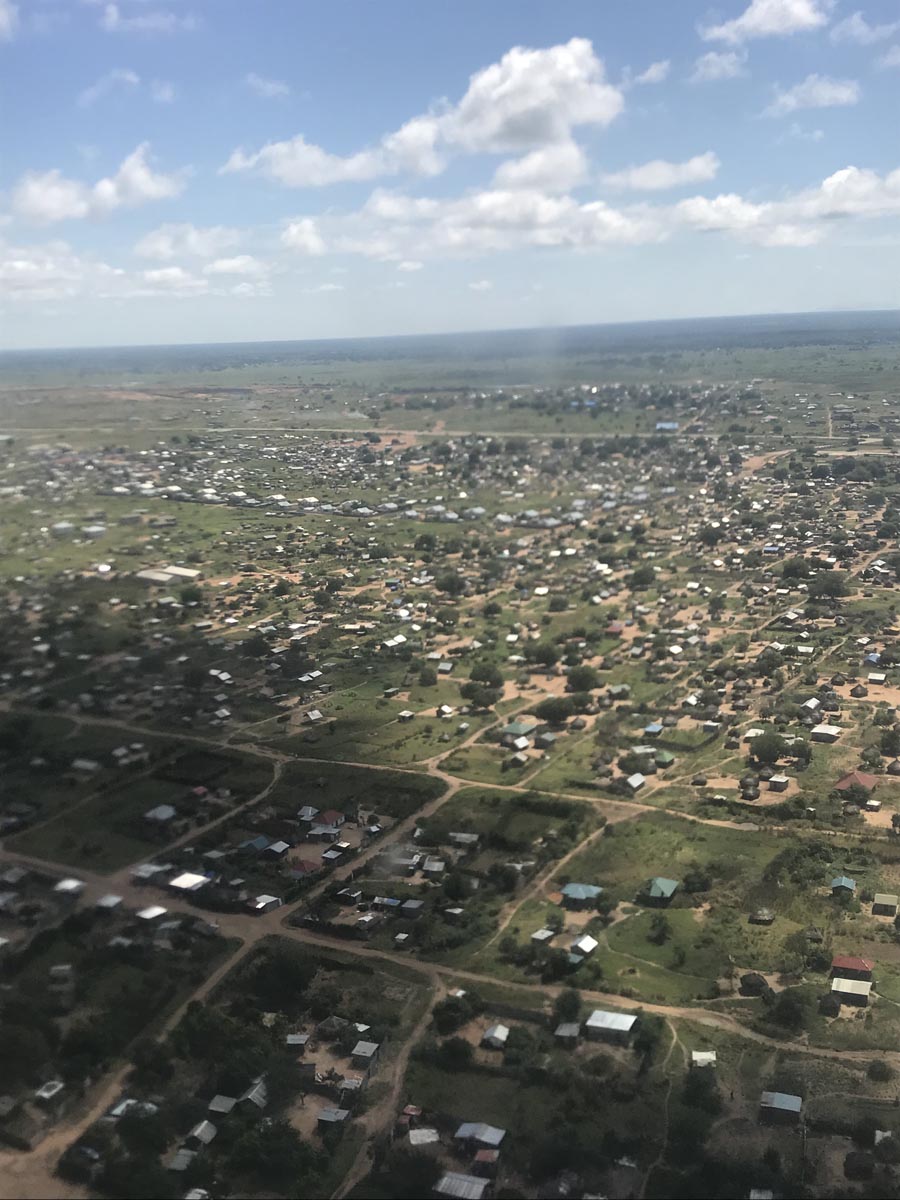
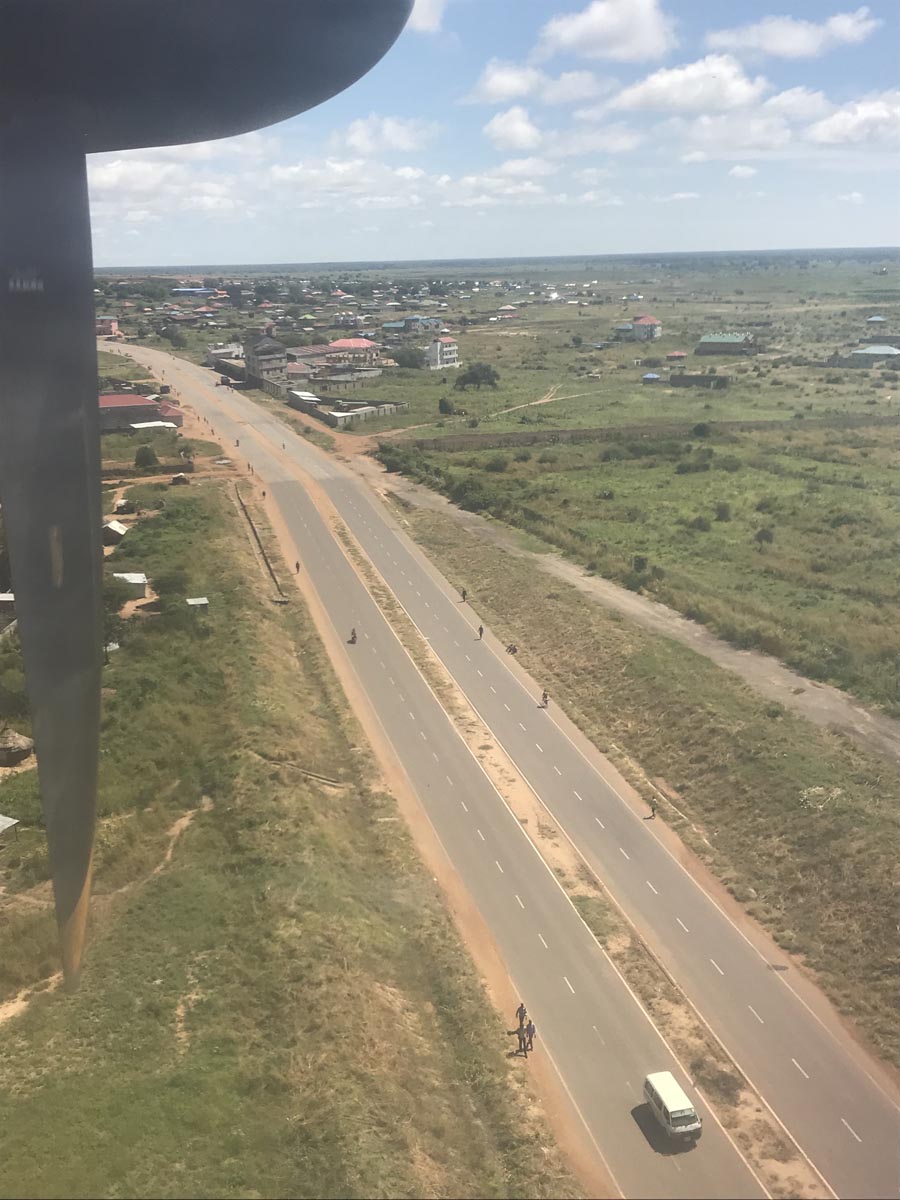
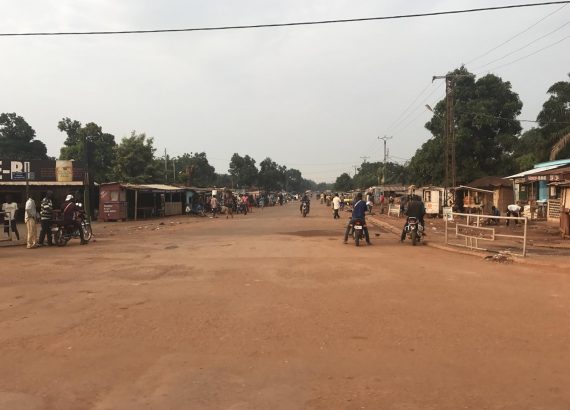
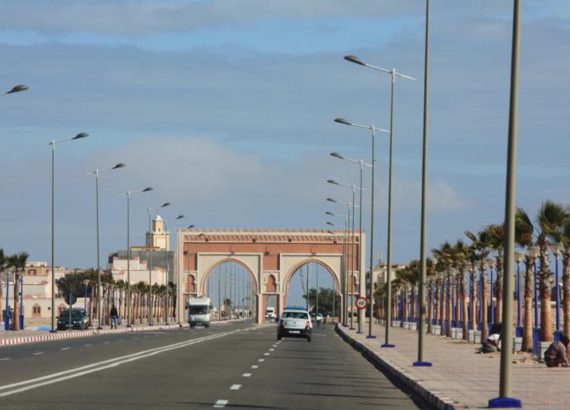
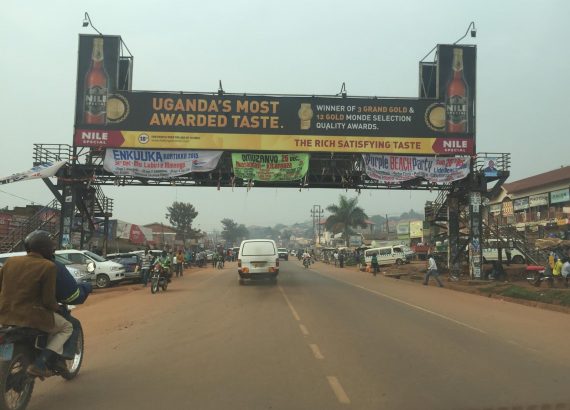
No Comments